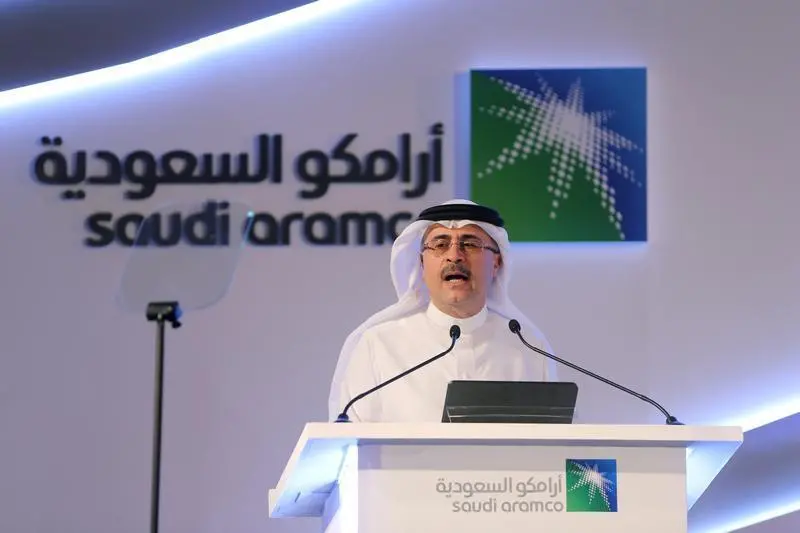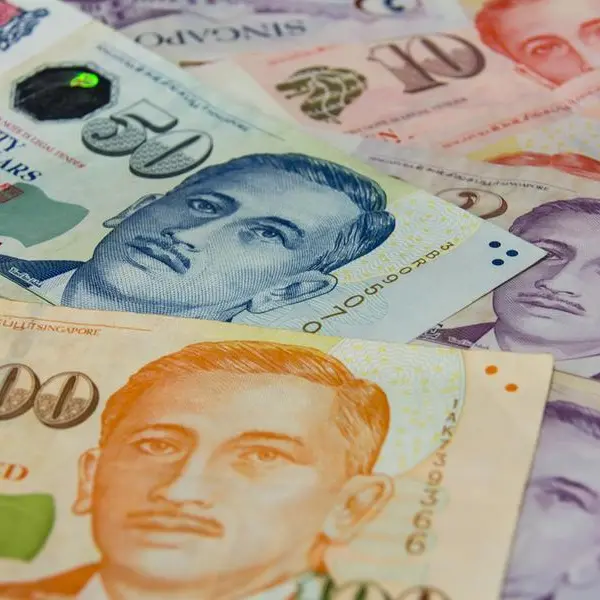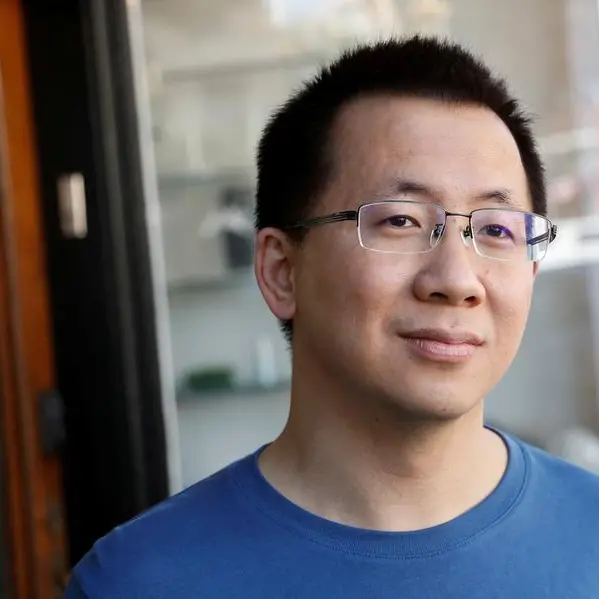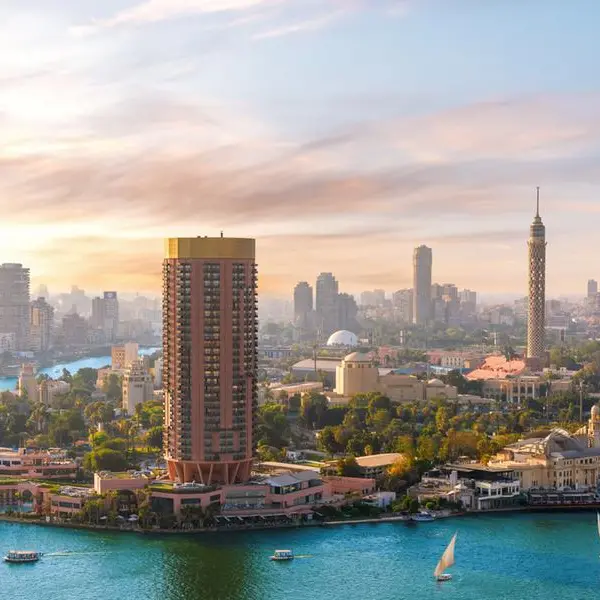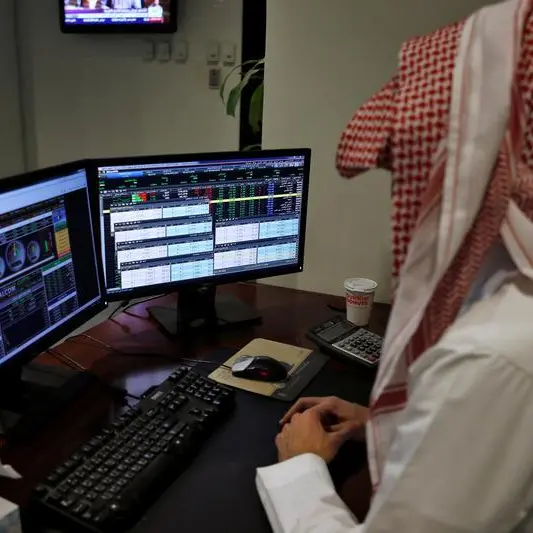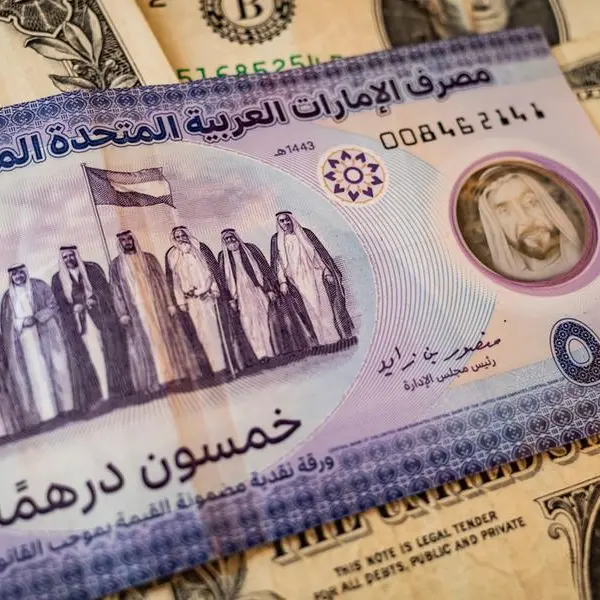PHOTO
DUBAI - Aramco boss Amin Nasser went against his banking advisers' guidance to go straight to New York for a roadshow where the state oil giant's shares were on sale, and instead got on a plane to London first.
The soft-spoken chief executive, a Saudi-educated engineer, did not want to leave any stone unturned to drum up support for his multi-billion dollar secondary offering and avoid the tepid response from foreign money the Saudi oil giant got for its debut listing nearly five years ago.
"He said he doesn't want to divide and conquer but to unite and conquer," a financial source told Reuters.
The head of Saudi Arabia's crown jewel landed in London on Tuesday morning last week to meet investors, then travelled to New York that evening to meet money managers there on Wednesday, showing face at the two financial centres in a little over a day.
"He wanted to make sure investors heard from the very top of the company along with other C suite members, namely the CFO in London and the Chief Strategy Officer in New York," the source said.
Despite reviewing material for weeks ahead of the road show, Nasser spent another four hours going over it during his six-hour flight to the British capital.
"He was strategic but could also get into the details," the source said.
Saudi Arabia has been seeking to lure international investment to pour tens of billions of dollars into projects to diversify away from its reliance on oil. Yet foreign inflows have repeatedly lagged targets.
Saudi de facto ruler Crown Prince Mohammed bin Salman's Vision 2030 is funding projects from electric vehicles to futuristic cities in the desert, mainly via its Public Investment Fund (PIF).
Foreign investors largely steered clear of the 2019 initial public offering (IPO), citing persistent concerns about risks around governance, the environment and regional geopolitics.
This time around, they had questions over Aramco's gas strategy, hydrogen and renewables - and Nasser was there to chat.
His strategy appears to have been successful.
Over half of the $11.2 billion transaction was allocated to foreign investors.
The identity of the buyers and how many of them were from outside the region was not immediately clear. A source with knowledge of the matter has told Reuters more than 100 new investors, including from the United States, Britain, Hong Kong and Japan, bought into Aramco.
While Nasser's visits did help, so did the company's generous dividend policy. It is expected to shell out $124.3 billion this year, after $97.8 billion in dividends in 2023. The bulk of that will still go to state coffers, though, as the kingdom directly and indirectly holds more than 98% of the oil giant.
Aramco, a cash cow for the Saudi state, has boosted dividends, introducing a new performance-linked payout last year to entice investors even as lower production hit earnings. Saudi Arabia is producing about 75% of its maximum capacity of crude oil.
"Aramco has continued to pay the dividends even during COVID for example," the financial source said.
"It's hard to resist."
(Reporting by Maha El Dahan; Writing by Maha El Dahan and Yousef Saba; Editing by Michael Georgy and David Evans)
